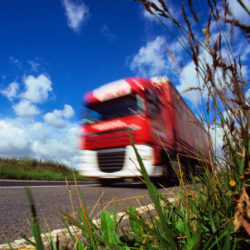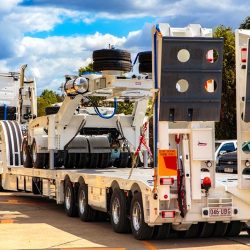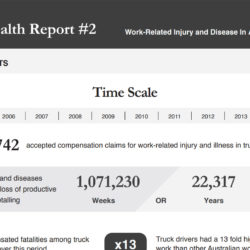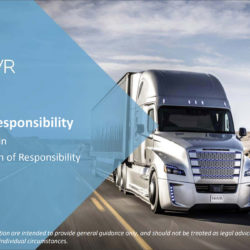Welcome to part two in our series on Chain of Responsibility (CoR) laws. As you know (head back and read part one), the CoR, as part of the Heavy Vehicle National Law (HVNL), is set to change. These amendments are scheduled to roll out across Australia (except Western Australia and the Northern Territory) by mid-2018.
In part one we looked at who the changes applied to and the new primary duties. In our second instalment, we’ll address the rest of the changes and the penalties that will occur if you don’t comply.
Obligation on executives
The liability of executive officers will span to involve due diligence for safety across the entire Heavy Vehicle National Law. Usually, an executive is confined to a partner or director of a business, but in cases of corporations, it can extend to a person who takes part in the management of the corporation. A breach in due diligence obligations comes with serious consequences, with executives who breach facing jail time or fines up to $300,000.
New hierarchy of penalties
The current penalty regime has also seen changes – a rise in fines and changes based on the severity of the breach. The new hierarchy is as follows:
- Category 3: This situation will arise from a breach of the safety duty. The discovery of the breach is sufficient enough to receive a fine. Penalties are $50,000 for an individual and $500,000 for a corporation
- Category 2: This situation arises if the safety duty creates a risk of injury or death. Penalties for this breach are $100,000 for an individual and $1 million for a corporation
- Category 1: This is the most severe penalty, which arises from a situation where recklessness is involved. Penalties include five years imprisonment and/or $300,000 for an individual, and $3 million for a corporation
Vehicle maintenance
The new reforms will also extend to heavy vehicle standards and maintenance. Now, all parties will be responsible for ensuring the freight and its transporting vehicle are within weight limits, as well at the observance of proper packing methods. When the new laws kick in, the NHVR will require all containers to have a Container Weight Declaration (CWD) prior to being transported on public roads.
Overall, it seems the NHVR are paving the way for a more proactive transport and heavy industry to optimise safety on Australian roads. To find out more about how the changes to the Chain of Responsibility laws will affect you, head to the NHVR website for more details.
As heavy transport trailer manufacturers, The Drake Group are acutely aware of the issues affecting drivers and operators of transport businesses. With every Drake and O’Phee Trailer, safety and quality control are at the forefront of each step of the design and manufacturing process. For more information about our robust, reliable trailers, get in contact with The Drake Group today.



